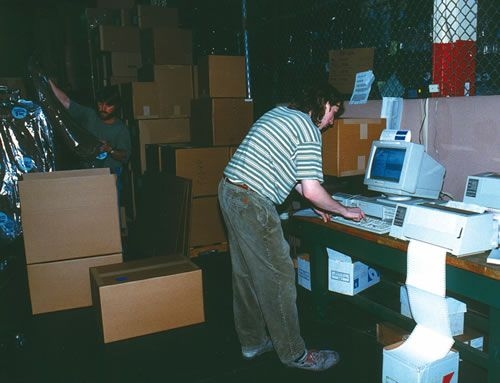Where Are You Going to Find Qualified Warehouse Workers?

OK, there are plenty of applications flowing into the inbox. People are looking for jobs, but are the applicants qualified? Do they know how to drive a reach truck? Do they understand what a cycle count is? Could they do a “blind tally”? How many of the applicants you’ve looked at in the last month were really qualified for a position in your distribution center?
While the current economic conditions have relieved the “qualified and desirable” labor pressures somewhat, those pressures are still there. And as the economy improves, the demographic trends will still remain, with the population getting older and the younger generation looking for a different kind of job.
Many companies report having difficulty finding qualified management and labor at the local level. A distribution center manager is constantly challenged to find qualified labor. That challenge is compounded by employment competition—other warehouses, distribution centers, and manufacturing facilities are all competing to find people out of the same labor pool. Often, 90 percent of the eventual applicants to any distribution center get filtered out for some reason or other, leaving only about 10 percent of the potential pool worth interviewing.
Another challenge is that almost all qualified applicants learned their warehousing skills working at some other warehouse. That knowledge comes from OTJ—on-the job-training. I'm not badmouthing OTJ, but when you hire somebody who gained their experience at another facility, you still have to put effort into training them in order to build up that associate’s experience and fill the gaps in their past training.
Let's think of a different way. In other industries, dedicated vocational schools focus on the basic skills needed for specific vocations. There are schools for hairdressing, truck driving, auto repair, electronics, and many other trades. There are many different location-specific training programs that teach students the basics of the industry in which they are interested, so they can either obtain a license to practice the vocation or have the requisite skills to be successful in the job market.
Wouldn't it be wonderful if a comprehensive vocation program was available specifically for logistics, distribution, and warehousing?


